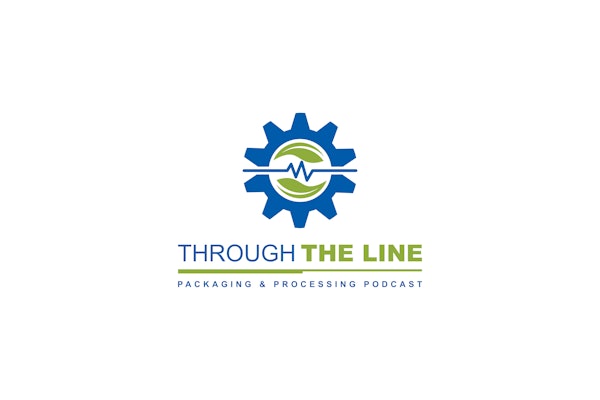As part of the President’s Food Safety Initiative, the departments of the Treasury and Health and Human Services were directed to develop a comprehensive plan to better prevent unsafe food from entering the country.
As part of that plan, FDA and the U.S. Customs Service will stamp containers of rejected food with a clear label stating: “The United States Refused.” The label is intended to discourage importers from “port shopping,” or attempting to bring in products rejected at one port through a different port.
The National Food Processors Assn. had recommended such action to FDA. “Noncomplying imports must be marked or otherwise identified so that rejected products cannot re-enter the country elsewhere, and those attempting such fraud must be dealt with swiftly and effectively,” said Brian Folkerts, NFPA’s vice president of government affairs.


























